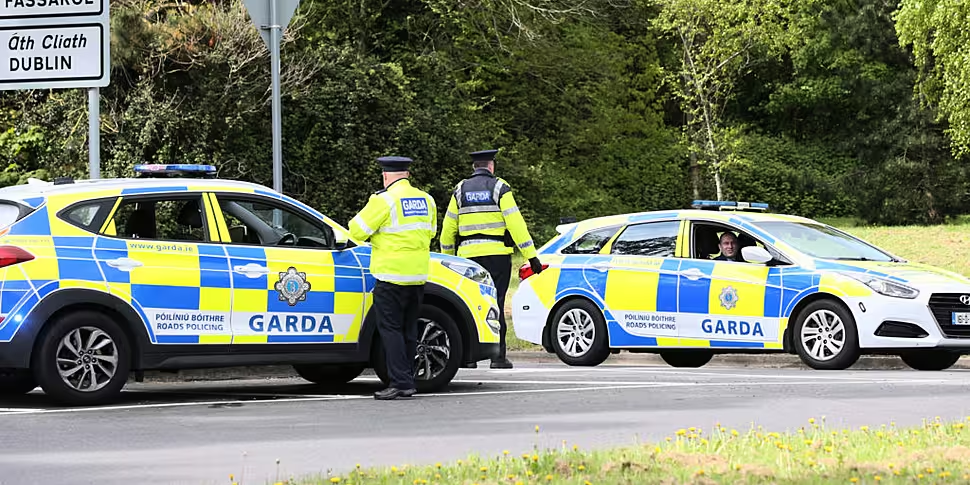Proposed new laws to give gardaí new powers to enforce COVID-19 restrictions should be possible if they include appropriate safeguards, according to a legal expert.
However, he also says there are very few pieces of 'legal-proof' legislation - and almost all new laws are open to legal challenge.
It comes after the Government last night confirmed the Attorney General's office is looking into what measures would be needed to allow gardaí shut down pubs or house parties on the spot for breaching restrictions.
It's expected to take some time to approve the new laws, with Agriculture Minister Dara Calleary today suggesting any such measures must be above legal challenge
Conor Casey, Max Weber Fellow at the European University Institute, spoke to The Hard Shoulder about the potential obstacles facing any such legislation.
He explained that the Irish Constitution gives "very strong protection to the dwelling".
He said: “The reason it gives such strong protection is because the home is where we also enjoy the majority of our other constitutional rights - our rights to privacy and family life.
“Because of that, the situations where the gardaí can enter into your home are limited, and in the majority of cases they require a warrant.
"There has to be proper procedures in place so the warrant doesn’t become something you can just give yourself willy-nilly.”
Usually, a garda needs to go to a senior officer or judge to justify the need for a warrant before it's approved.
However, there are some exceptional cases where gardaí are allowed to enter home without a warrant, such as when it's believed a particularly serious 'arrestable' offence has been committed.
There could be other constitutional rights that lawmakers need to consider when drafting the new legislation - but Mr Casey said the likes of the right to free association are already ‘heavily qualified’.
Legal challenges
Mr Casey explained that any new powers could be subject to legal challenge, which could cause a headache for those trying to introduce new laws.
However, he observed: "The gardaí possibly think at the moment they’re charged with enforcing something they don’t have the actual authority to do, and that can be very frustrating too I’d imagine.
Mr Casey said the key questions that will need to be looked at are ones such as the proposed powers would be time-limited or reviewed after a certain amount of time.
He noted: “Any suggestion that giving extra powers to search a dwelling would be an insurmountable task because of the Constitution… that would be false.
"The Constitution gives the Government and Oireachtas wide leeway to introduce measures for the common good, as long as there’s appropriate safeguards."
He said that thankfully courts in Ireland tend to be independent.
He said: "Even if a case would have large political consequences, if the court feels it’s unlawful they will move in that direction - we saw that two weeks ago with the climate plan being struck down.
"But the courts also recognise that in crisis situations - which implicate very tricky and difficult balancing acts between economic, scientific, social concerns… that’s quintessentially a political judgement.
"They’ll give the Oireachtas and Government wide leeway in tailoring how to balance the common good with individual liberties. But if they feel a certain right is being trampled upon… the courts have shown they will step in."
He said the staff at the Attorney General’s office have a “very difficult job” that he "wouldn’t wish on anyone".
He noted: “There is only one way to legal-proof legislation, and that’s if the President - before the Bill is signed into law, at his absolute discretion - refers it to the Supreme Court. If the Supreme Court upholds it then, then subsequently it’s bulletproof.
“Aside from that small window, no policy measure can be immune from challenge. The question is always a judgement call, and how much political risk you’re willing to tolerate. Wanting this nirvana of legal unchallengability is just never going to exist."









